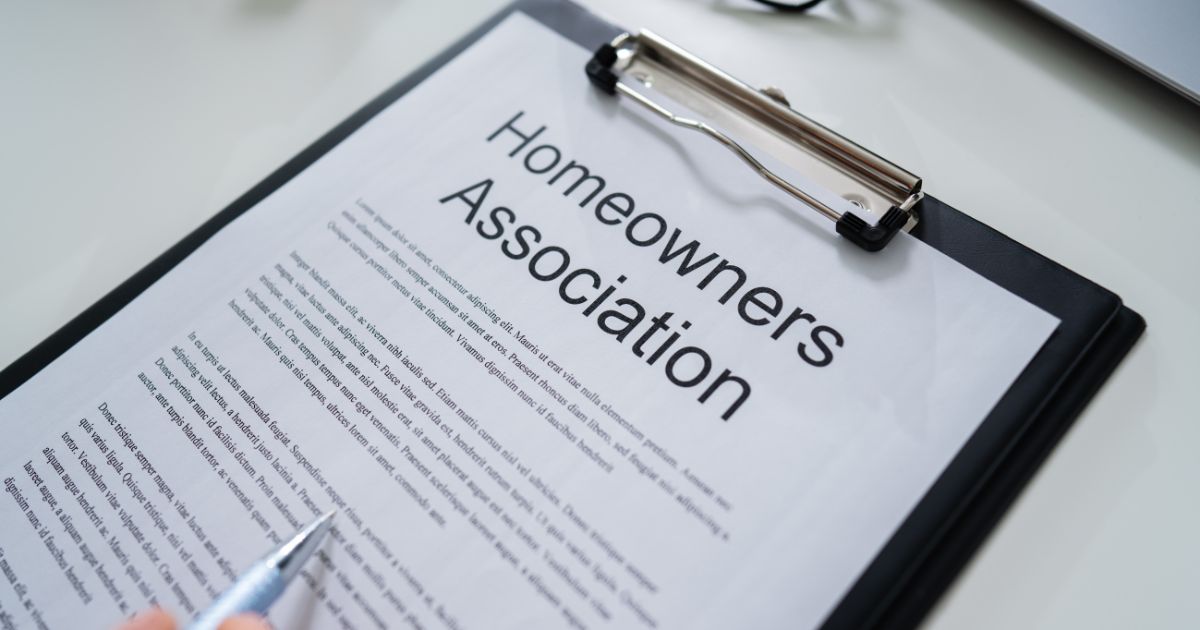HOA Board Member Harassment: What You Should Do?

Managing an HOA in Maryland has many strains, but dealing with demanding homeowners can be particularly challenging. This issue can escalate to harassment, making the HOA board members uncomfortable. Understanding how to navigate such circumstances is crucial for maintaining peace and harmony within your community.
Recognizing Harassing Homeowners
Harassing homeowners are not always easy to identify, but their impact on the community can be significant. This section outlines some common signs and behaviors that may indicate a homeowner is becoming a source of harassment. Recognizing these signs early can help mitigate issues and maintain a positive community environment.
The Persistent Complainer
This homeowner has a complaint for every situation. While it is essential to address legitimate concerns, the persistent complainer finds fault with everything, causing unnecessary stress and distraction for the board.
The Rule Breaker
This individual continually breaks the rules, leading to repeated confrontations. They may disregard parking regulations, noise restrictions, or property maintenance guidelines, making life difficult for the board and other community members.
The Aggressive Communicator
This homeowner uses aggressive communication styles, including threats, intimidation, or abusive language. Their behavior can create an atmosphere of fear and hostility, hindering the smooth operation of the HOA.
Dealing With Harassing Homeowners
Handling harassing homeowners requires a careful, thoughtful approach. This section explores strategies and best practices for dealing with different types of disruptive behaviors. These tactics allow HOA board members to maintain a peaceful, respectful community environment, even in challenging circumstances.
Clear Communication
It is vital to communicate clearly and assertively with difficult homeowners. Ensure they understand the rules and their responsibilities as community members. Provide them with written copies of all HOA policies and regulations and remind them of these when necessary.
Consistent Enforcement
Consistency is key when dealing with rule-breaking homeowners. Enforce rules uniformly across the board and make sure consequences for violations are known and applied consistently.
Documentation
Keep a record of all interactions. This documentation will serve as evidence in cases where legal intervention becomes necessary.
Seek Legal Advice
If the situation escalates beyond your control, it may be necessary to seek legal advice. A business law firm experienced in HOA management can guide how to handle persistent harassment.
General Tips for Dealing With Difficult Homeowners
Dealing with difficult homeowners can often test the patience and management abilities of the HOA board. It is essential to remember that every community member deserves respect and understanding, even when their behavior pushes boundaries. This section provides general tips to guide you on managing difficult homeowners, ensuring that your interactions remain professional, productive, and conducive to a harmonious community.
Stay Professional
Maintain professionalism at all times. Do not allow the behavior of difficult homeowners to provoke personal reactions. Respond to their actions in a calm, assertive manner.
Develop a Conflict Resolution Strategy
Having a conflict resolution strategy in place can help manage difficult situations. This could involve mediation, arbitration, or, in severe cases, legal action.
Promote a Positive Community Atmosphere
Foster a sense of community within your HOA. Organize events that encourage interaction and cooperation among members. A positive community atmosphere can often mitigate the effects of demanding homeowners.
Our Ocean City Condo Association Lawyers at Oliveri & Larsen Help Can Help Protect Your HOA
Dealing with harassing homeowners can be a daunting task, but remember, you are not alone. Speak with our Ocean City condo association lawyers at Oliveri & Larsen today. Contact us online or call us at 410-295-3000 to schedule a consultation. Located in Annapolis, Maryland, we serve clients in Ocean City, Anne Arundel County, Baltimore County, Baltimore City, Calvert County, Harford County, Howard County, Queen Anne’s County, St. Mary’s County, Worcester County, Kent County, and the upper and lower Eastern Shores of Maryland.
